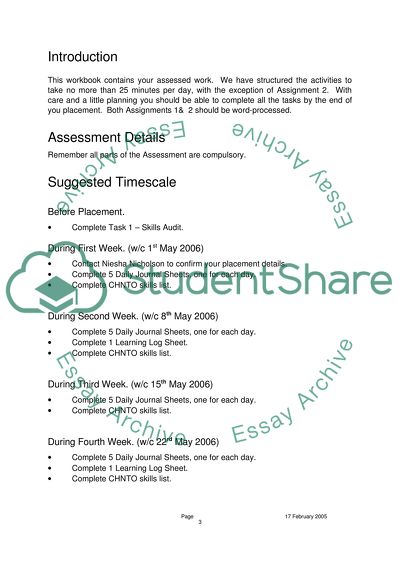Cite this document
(“Heritage Education and Interpretation Dissertation”, n.d.)
Heritage Education and Interpretation Dissertation. Retrieved from https://studentshare.org/culture/1529335-heritage-education-and-intrepretation
Heritage Education and Interpretation Dissertation. Retrieved from https://studentshare.org/culture/1529335-heritage-education-and-intrepretation
(Heritage Education and Interpretation Dissertation)
Heritage Education and Interpretation Dissertation. https://studentshare.org/culture/1529335-heritage-education-and-intrepretation.
Heritage Education and Interpretation Dissertation. https://studentshare.org/culture/1529335-heritage-education-and-intrepretation.
“Heritage Education and Interpretation Dissertation”, n.d. https://studentshare.org/culture/1529335-heritage-education-and-intrepretation.


